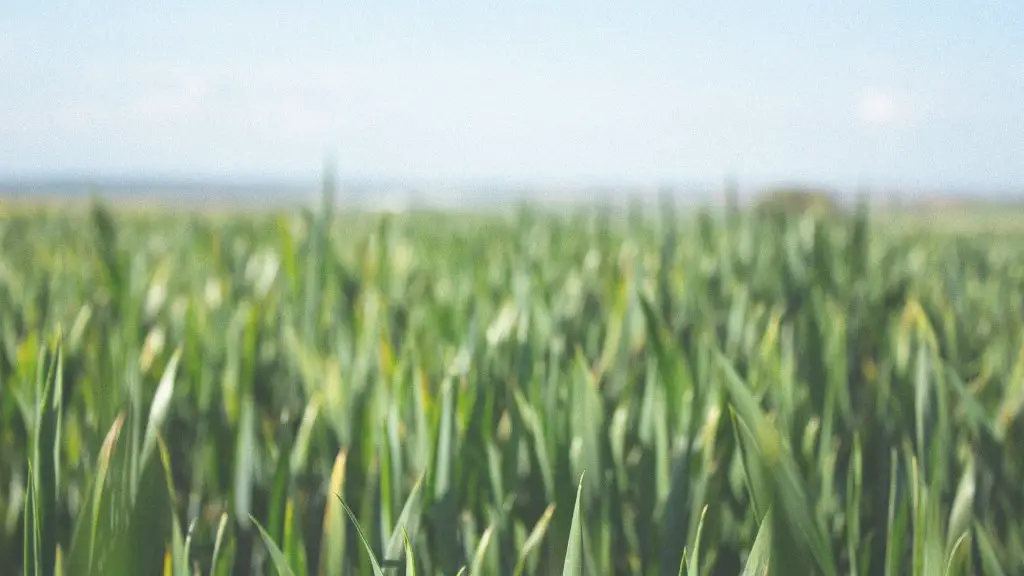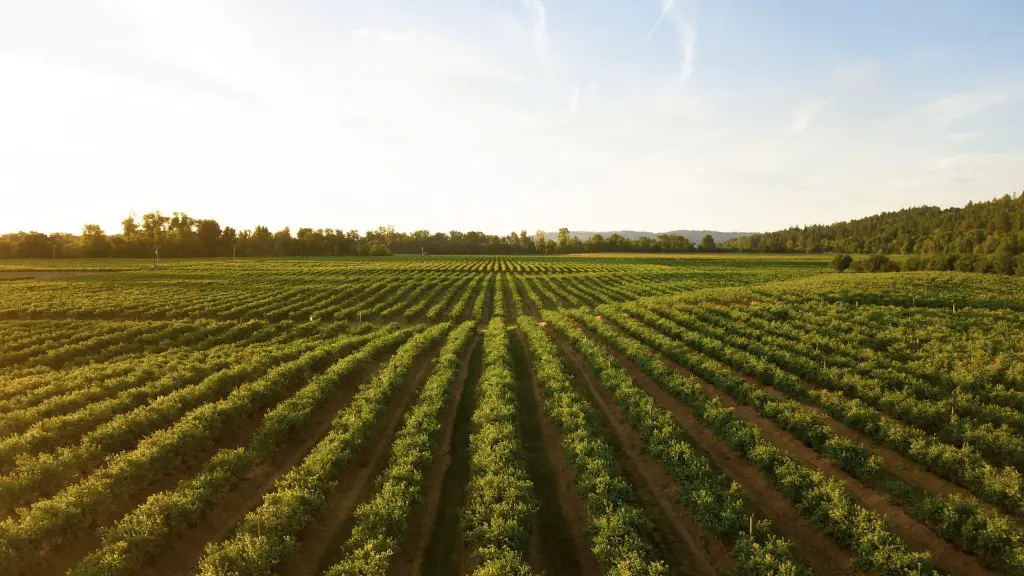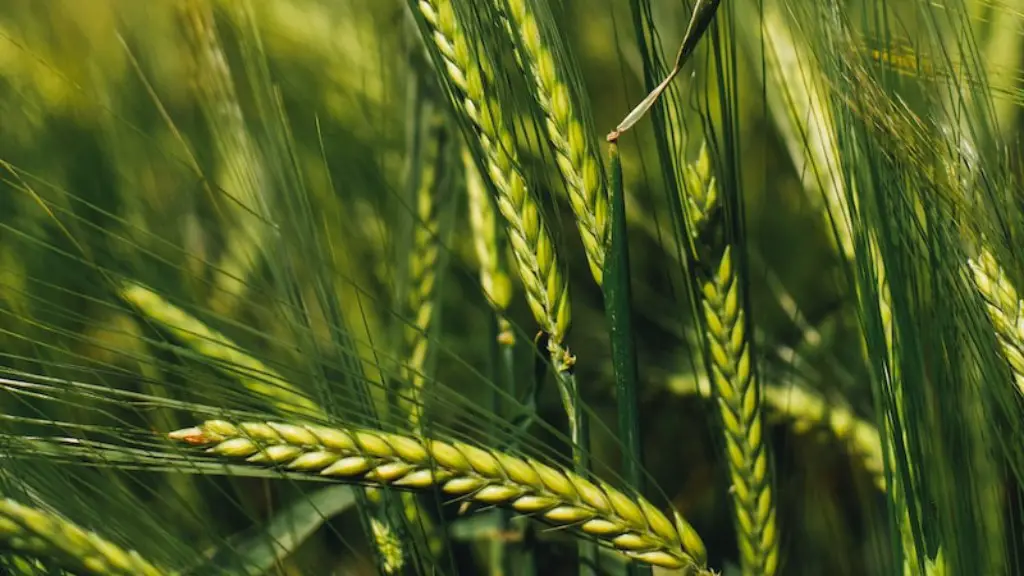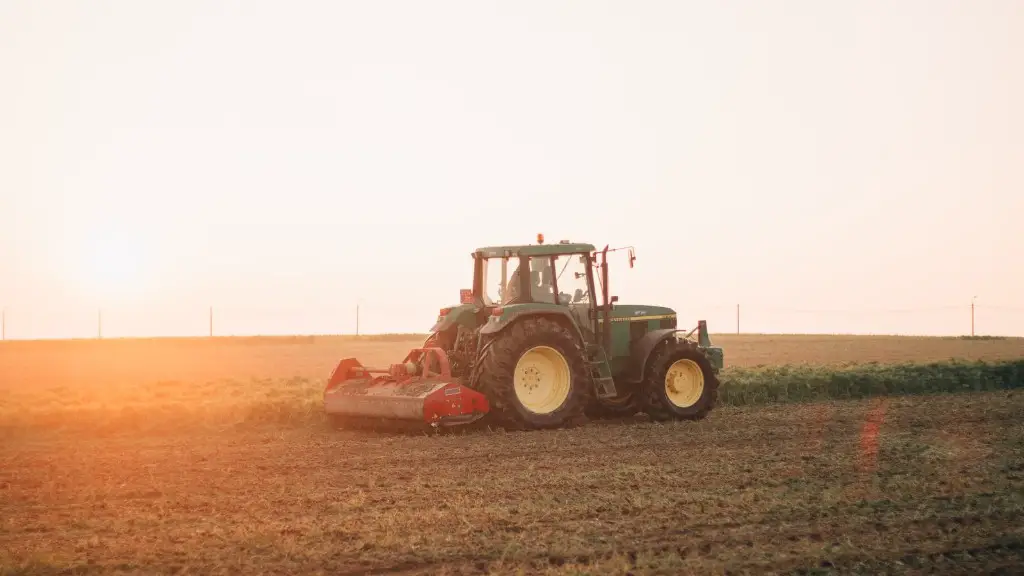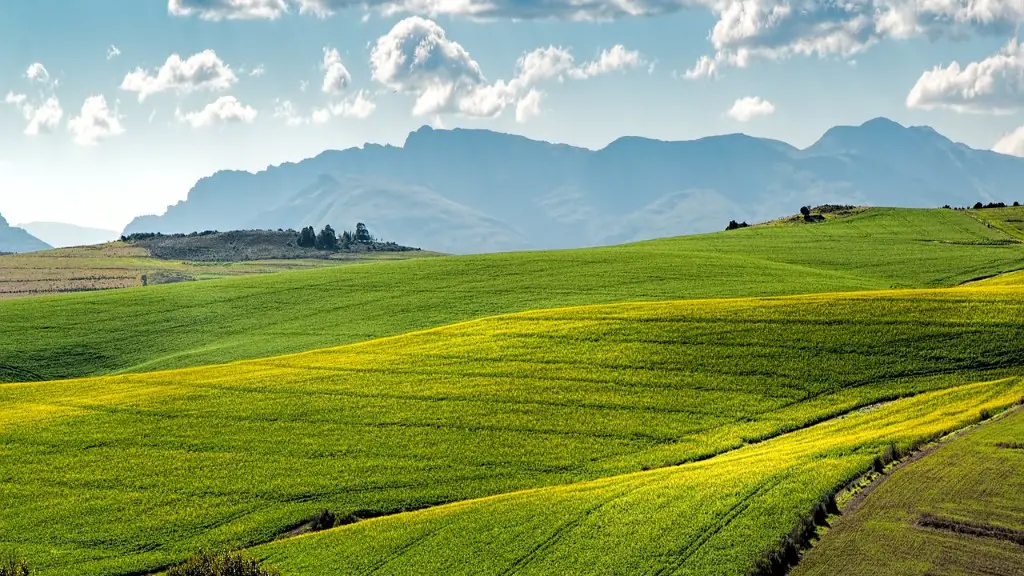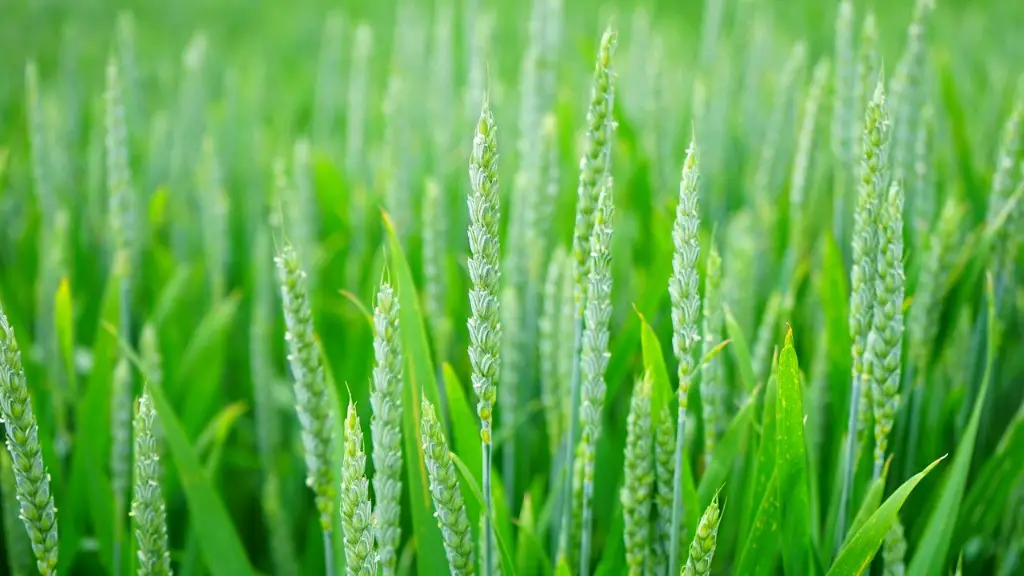There are many different definitions for maintenance in agriculture, but it can generally be described as the work done to keep farmland and agricultural facilities in good condition. This includes tasks such as repairing fences, clearing debris, and maintaining irrigation systems. Proper maintenance is essential for ensuring that farms can continue to produce food and other crops.
Maintenance in agriculture is the process of keeping farmland and agricultural facilities in good condition so that they can continue to be used for their intended purpose. This includes activities such as repairing fences and buildings, clearing debris, and maintaining irrigation systems.
What is maintenance in the farm?
Farm maintenance is a crucial part of owning and operating a farm. By performing regular maintenance on your farm equipment, you can keep it running smoothly and prevent potential expensive repairs. Maintenance also prolongs the lifespan of your equipment and helps to prepare it for different farming activities.
Maintenance activities in agriculture are very diverse. They include maintenance and repair of machines, equipment and vehicles, maintenance of farmyards and buildings, silos, bins, and tanks, maintenance of electrical installations, as well as maintenance of drainage and irrigation systems and roads.
Why is it important to maintain agriculture
Sustainable agriculture is a type of agriculture that focuses on producing enough food to meet the needs of the current population while also protecting the environment. This type of agriculture is important because it can help to feed a growing population while also preserving the planet.
Farm equipment is a crucial part of any farm operation, so it is important to keep it well-maintained. Here are 10 tips for farm equipment maintenance:
1. Keep all documents organized. This includes manuals, receipts, and warranty information.
2. Perform regular oil changes. This will help extend the life of your equipment.
3. Lubricate moving parts. This will keep them working properly and prevent wear and tear.
4. Check all hitches and tires. Make sure they are in good condition and properly inflated.
5. Inspect any lights on the vehicle and the batteries. Replace any bulbs that are burned out and make sure the batteries are charged.
6. Calibrate special equipment. This includes tractors, combines, and other machinery.
7. Keep machinery clean. This will help prevent rust and other damage.
8. Inspect for damage. Look for any cracks, dents, or other damage that could cause problems.
9. Test safety features. This includes brakes, lights, and horn.
10. Have a regular maintenance schedule. This will help ensure that your equipment is always in top condition.
What is field maintenance?
Field maintenance is important to keeping sports fields in good condition. By performing routine tasks like mowing, seeding, and core aeration, field maintenance crews can help keep fields in good shape and prevent damage. In addition, field maintenance crews can also help repair damage that has already been done to fields.
Farming maintenance and operations are essential to keeping your farmland in excellent condition. Superlative care of your farming equipment is critical to maintaining your equipment in top condition. Modernization of your equipment is also important to keeping your equipment current with best practices. Continuing education is also important to staying current on best practices in farming maintenance and operations.
What is an example of a maintenance activity?
Routine maintenance activities are important for keeping machinery and equipment in good working condition. Cleaning, visual inspection, functional tests, lubrication, and measurement of operating quantities are all examples of activities that should be part of a routine maintenance program. Oil tests can also be conducted periodically to ensure that machinery is running smoothly.
There are four types of maintenance strategies: corrective maintenance, preventive maintenance, risk-based maintenance, and condition-based maintenance.
Corrective maintenance is undertaken to fix a problem after it has occurred. Preventive maintenance is carried out on a regular basis to prevent problems from occurring. Risk-based maintenance is based on the principle of proactive risk management, and is undertaken to address potentially hazardous situations before they occur. Condition-based maintenance is undertaken in response to changes in the condition of a system or equipment, and is used to prevent deterioration or failure.
Which strategy to choose depends on the specific situation and needs of the organization. In general, preventive and risk-based maintenance are considered to be the most effective strategies, as they are proactive and aim to prevent problems from occurring. Corrective maintenance is usually only undertaken as a last resort, when all other options have been exhausted.
What are maintenance activities
Maintenance activities are important in order to keep equipment running smoothly. Partial or complete overhauls should be done at specified periods, and oil changes, lubrication, and minor adjustments should be done as needed. workers should also keep track of equipment deterioration in order to know when to replace or repair worn parts before they cause system failure.
Agriculture is the source of our food supply. Arguably, the most important aspect of agriculture is that it’s the source of the world’s food supply. No matter where or what you are eating, the ingredients in your meals came from somewhere. All roads lead to agriculture.
What are 5 important of agriculture?
The importance of agriculture goes beyond just food production. Agriculture is a fundamental driver of economic growth and development. It is an important source of livelihoods for both rural and urban populations. It also plays a critical role in environmental stewardship.
Agriculture is the science or function of farming, including cultivating the soil for growing crops and the rearing of animals to provide food, wool, and other products.
What are the responsibilities of maintenance department in a farm
The role of the farmhand is to maintain and repair the equipment and structures on the farm. This includes everything from fences and gates to animal shelters and storage buildings. They also need to be able to prepare the facilities for any farm program activities.
It is important to keep your tools and equipment in good condition in order to have a successful farm. You should sharpen your tools before and after use, and oil or grease metal parts to keep them from rusting. Wooden handles should be strong, and you should hang your garden tools to prevent them from getting damaged. Store tools in their original cases to keep them organized and in good condition. Use silica gel packs to absorb moisture and prevent rusting. Dry your tools after use to prevent them from rusting or corroding.
How do you maintain maintenance on a tractor?
As a tractor owner, it’s important to keep up with daily maintenance in order to keep your machine running properly. Here are seven tasks you should do every day:
1. Start with a visual inspection of your small farm tractor.
2. Check the tractor’s radiator-fluid level.
3. Check the fan’s drive belt for wear and tension, and visually inspect the radiator core and grill screen.
4. Top off the tractor’s fuel tank.
5. Check the tractor’s oil.
6. Inspect the condition of the tires.
7. Check the battery and all fluid levels.
There are three types of maintenance: corrective, preventative, and predictive. Corrective maintenance is done in response to a problem, preventative maintenance is done to avoid a problem, and predictive maintenance is done to anticipate a problem.
Conclusion
The process of maintaining farmland and agricultural buildings and equipment in good repair.
Maintenance in agriculture refers to all the activities that are carried out to keep the farm running smoothly. These activities include repairing and upkeep of farm machinery, buildings, and other infrastructure.
